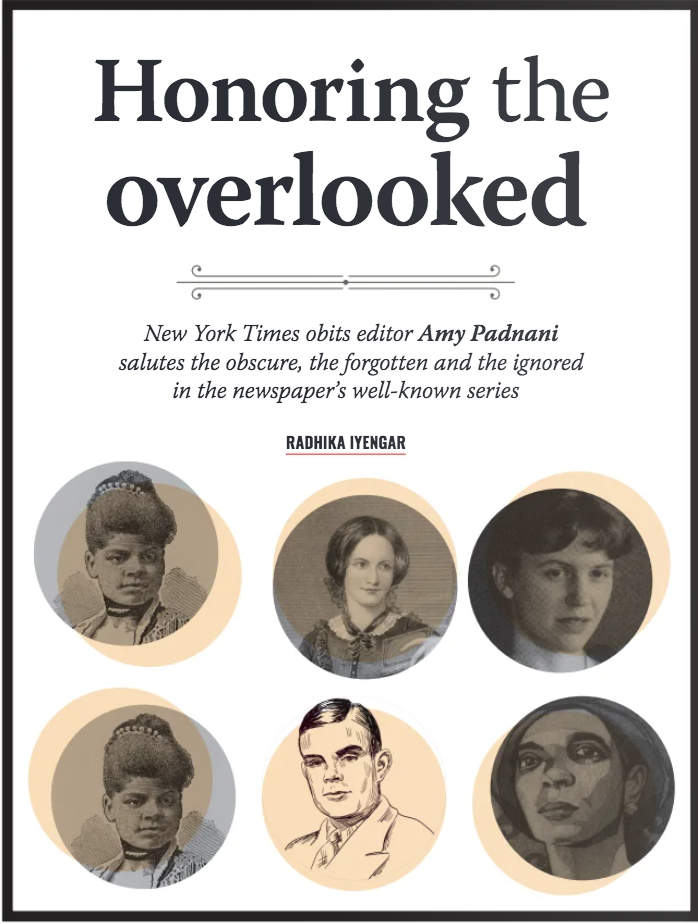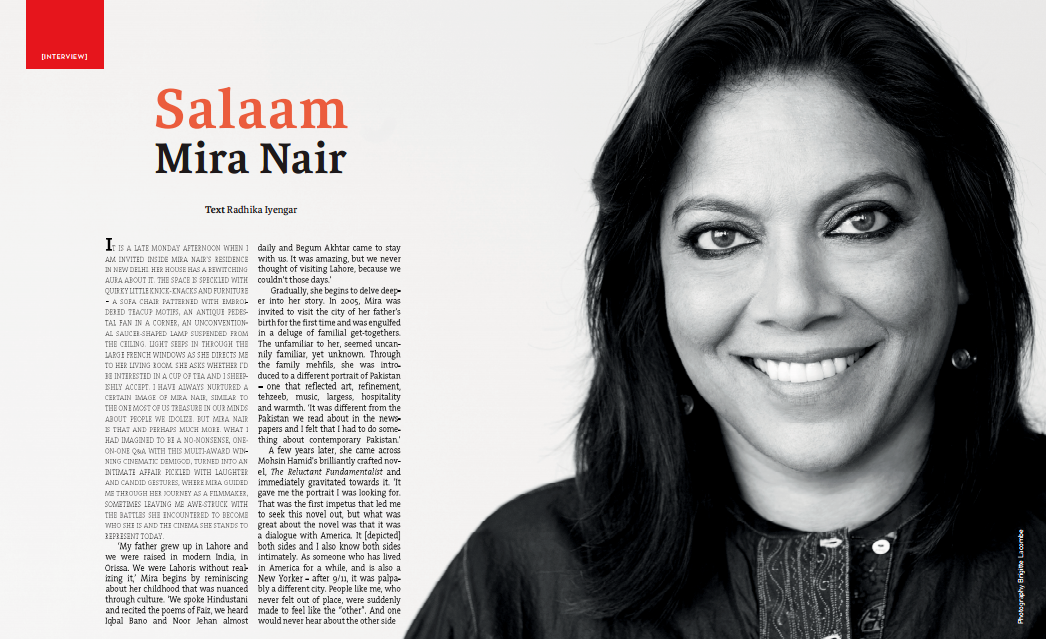Rising star of the moment Adarsh Gourav on his breakout role in Netflix’s The White Tiger
This story was originally published in Vogue India. Cover image: A still from The White Tiger. Adarsh Gourav with Priyanka Chopra Jonas. Courtesy: Netflix.
Adarsh Gourav pauses for a moment before revealing that the first time he was asked to send his acting portfolio, he sauntered into a photo studio, ordered a set of passport photographs and had them sent over. This was in 2007. Flash-forward to today and the 26-year-old is the unconventional lead in the on screen adaptation of Aravind Adiga’s The White Tiger, winner of the 2008 Man Booker Prize, now streaming on Netflix.
The eponymous film (directed by Iranian-American filmmaker Ramin Bahrani), is a picaresque saga of a young man’s transformation from an elfin sycophant to a flinty Machiavelli-esque figure. It traces the life of Balram Halwai, born into poverty in the hinterlands of Bihar, who strategically climbs his way out of ‘darkness’ by becoming the chauffeur for a corrupt landlord, before ultimately owning a successful taxi service in a metropolis.
Gourav, who portrays Balram, steals the show. Although flanked by two heavyweights from the industry—Priyanka Chopra Jonas and Rajkummar Rao—the entire film hinges on his performance. He convincingly plays a grovelling subaltern who scrambles for every morsel of praise or acknowledgement his employer flings his way.
Becoming Balram
Not everyone is familiar with Gourav’s repertoire. He performed peripheral roles in films like My Name is Khan (2010) and Mom (2017), and gave a memorable performance in Rukh (2017), where he played a young man who tries to unravel the mystery behind his father’s untimely death.
For The White Tiger, Gourav had to enact “two completely different shades of Balram—one, where he is a driver from a village, and the other, once he becomes a businessman,” he explains. “My process for both of them was divided.”
“In Delhi, dressed in the garb of Balram Halwai, Gourav found employment in a small tea-stall in Saket, where he scrubbed plates and cleaned the floor. ”
First, he packed his bags and travelled to Chalkari Basti, a remote village in Jharkhand, to stay with the family of an acquaintance. He changed five modes of transportation to reach the place. Gourav, whose technique is anchored in realistic drama, wanted to understand the psyche of Balram’s character and learn his motivations. Everything from gestures and gait, to the manner in which he spoke, had to be narrowed down. “I told my friend that he shouldn’t tell anyone in his village that I am an actor, because otherwise their approach towards me would become biased. The point of the visit was to get comfortable in that setting and observe what people in a village talk about, and listen to their worldview,” he explains.
Gourav spent two weeks in Chalkari Basti, before leaving for Delhi. Dressed in the garb of Balram, he found employment in a small tea-stall in Saket, where he scrubbed plates and cleaned the floor. As Balram, Gourav made an effort to part his hair, cultivate a moustache and speak subserviently. “When I was looking for a job for the first couple of days, nobody was willing to give me one, since I wasn’t ready to show my ID card, because on that my name appears as Adarsh.”
A still from The White Tiger. Adarsh Gourav. Courtesy: Netflix.
From tea-boy to alpha-male
The tea-stall owner, however, didn’t ask for documents and Gourav convincingly wove a fictional tale for him. “I told him: ‘My name is Balram, my uncle is a painter and I’m living with him. I have some free time during the day, so I want to work here. In the evening, I go back and study, because I want to get a job at a call centre’.” He hustled 12 hours a day for 100 rupees per shift. “This was easily the toughest time for me. I absolutely hated it and was very uncomfortable, but the idea was to stick through it, because Balram felt the same way when he used to work at the village tea shop. He felt trapped and wanted to get out. So, I wanted to understand that feeling.”
To transform into the calculative taxi-service owner, Gourav purchased books on body language and the hundred ways of becoming a successful businessman. After labouring at the tea-stall, he’d pore over the pages at night. “I read what is the correct way to sit through which you can impose your dominance, or come across as the alpha in the room.”
“I used to have a horrible stage presence. Like, I would stand glued to the ground, not maintain eye contact with the audience, and sing.”
Past forward
Gourav was born in Jamshedpur and moved to Mumbai when his father, who used to work for Central Bank of India, got a new position. A trained classical musician, Gourav’s parents had considered a career in playback singing for him. However, while performing at the Kala Ghoda festival in 2007, a talent manager spotted him and floated the idea of acting. “I have no idea why she thought I had any potential to be an actor. I used to have a horrible stage presence. Like, I would stand glued to the ground, not maintain eye contact with the audience, and sing,” he chuckles. “But when she asked me, I immediately said yes.”
That was the beginning of the 13-year-old’s career, who began auditioning for roles every weekend, chaperoned by his mother. The first year, he got nothing, but in 2009, Gourav landed his debut role in My Name is Khan where he played the younger version of Shah Rukh Khan’s character.
Though there isn’t a deluge of offers at the moment, Gourav knows what he is looking for. “I want to work with filmmakers who have a distinct voice, want to experiment, really put themselves out there and tell unique stories,” he says.
The White Tiger is currently streaming on Netflix






